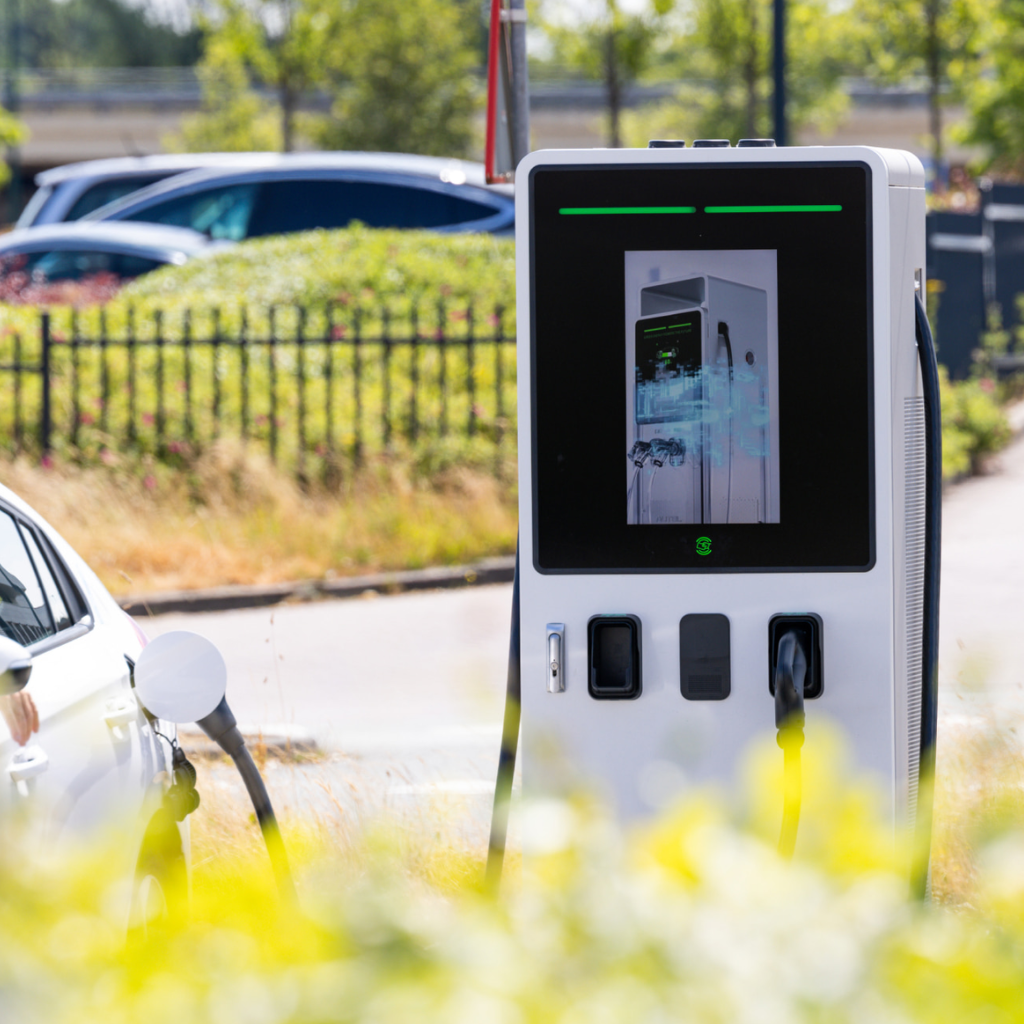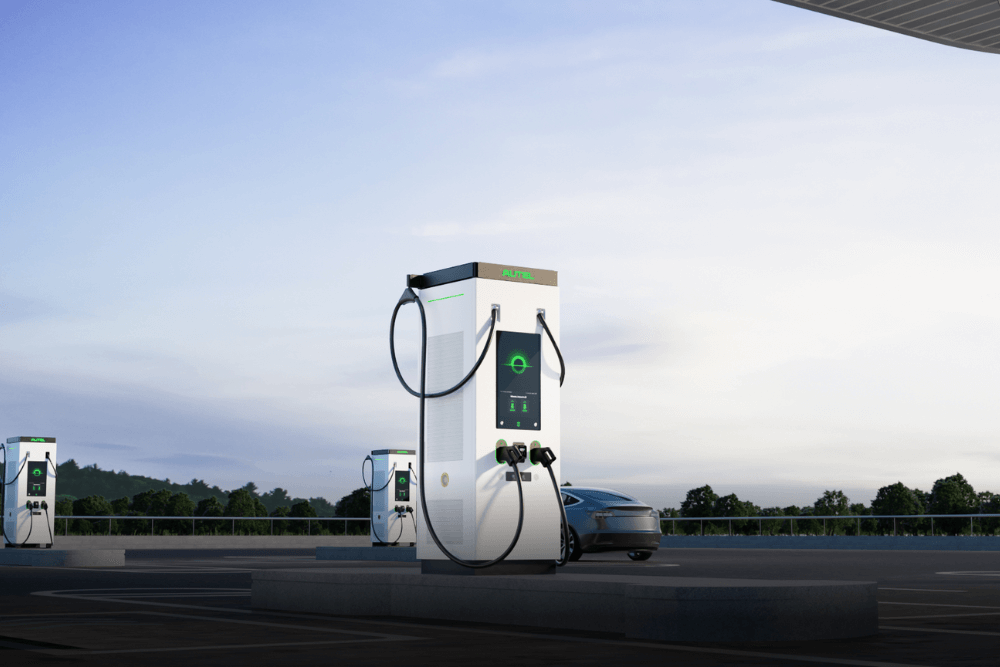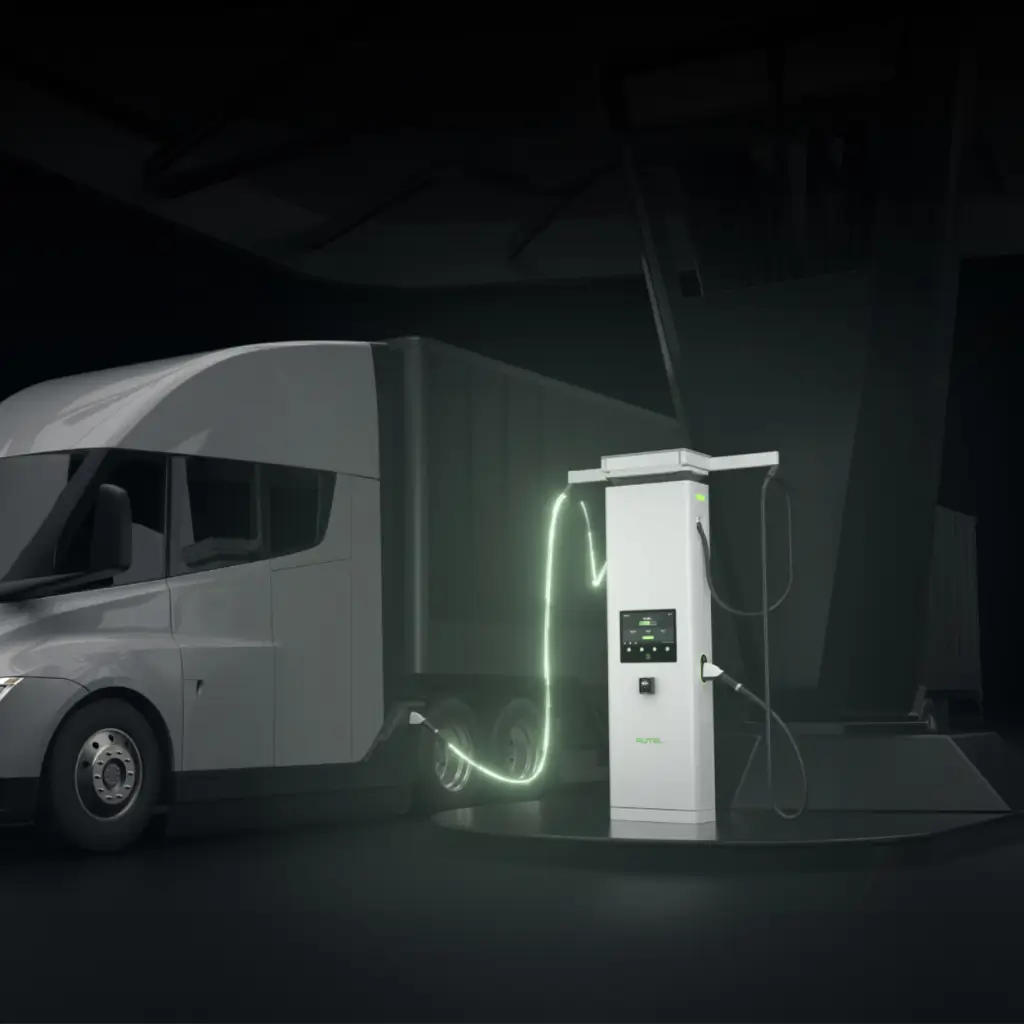
- MaxiCharger DH480
- MaxiCharger AC Pro
- MaxiCharger DC HiPower
- MaxiCharger DC Fast
- MaxiCharger DC Compact
- MaxiCharger AC Elite

- For CPOs
- For Fleets
- For Destination
- For Residential
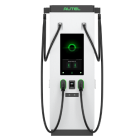 MaxiCharger DH480
MaxiCharger DH480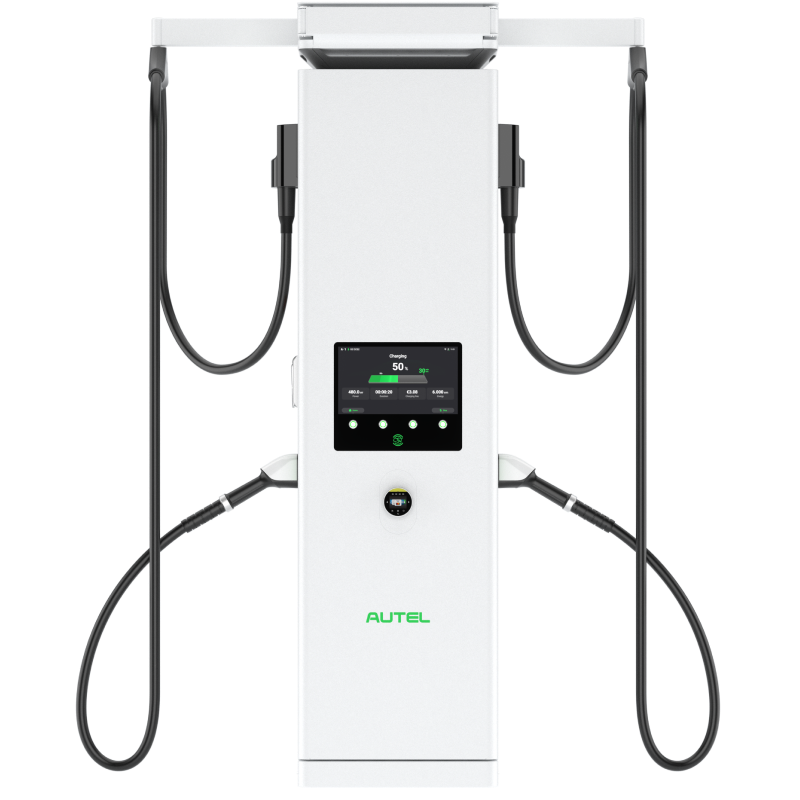 MaxiCharger DC HiPower
MaxiCharger DC HiPower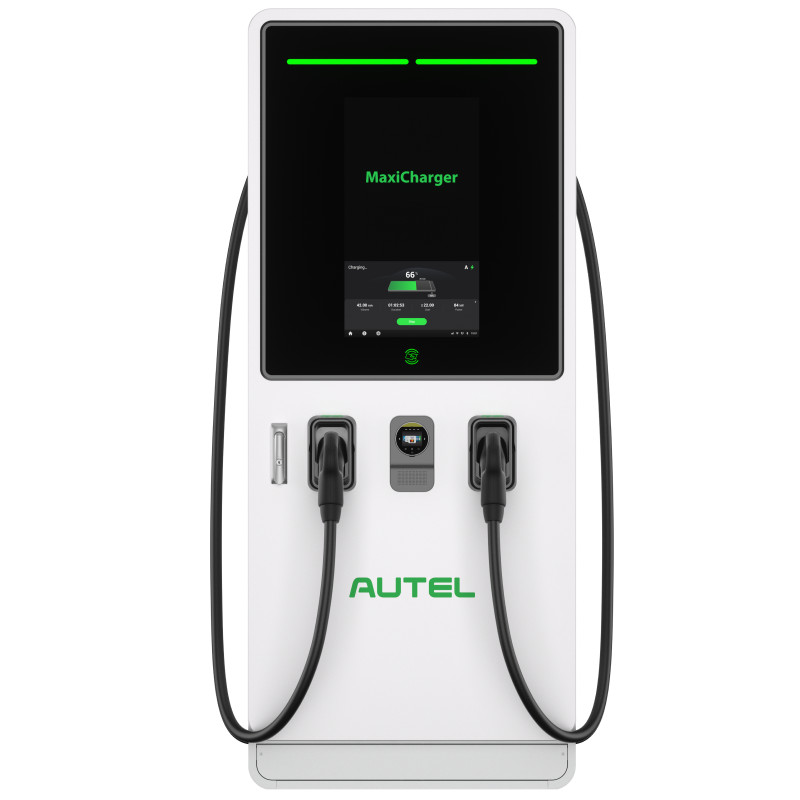 MaxiCharger DC Fast
MaxiCharger DC Fast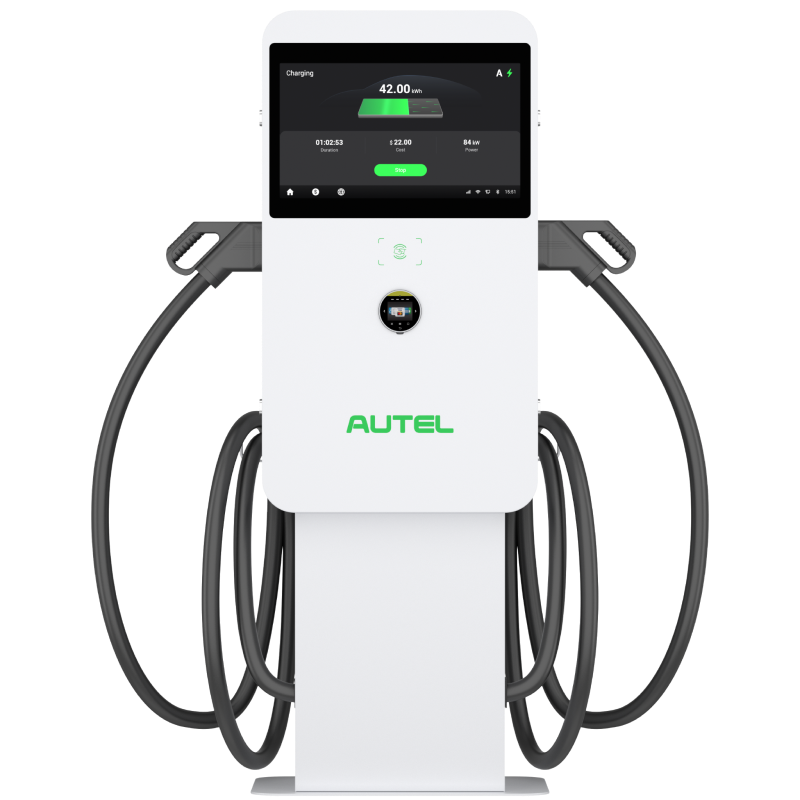 MaxiCharger DC Compact
MaxiCharger DC Compact
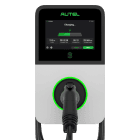 MaxiCharger AC Pro
MaxiCharger AC Pro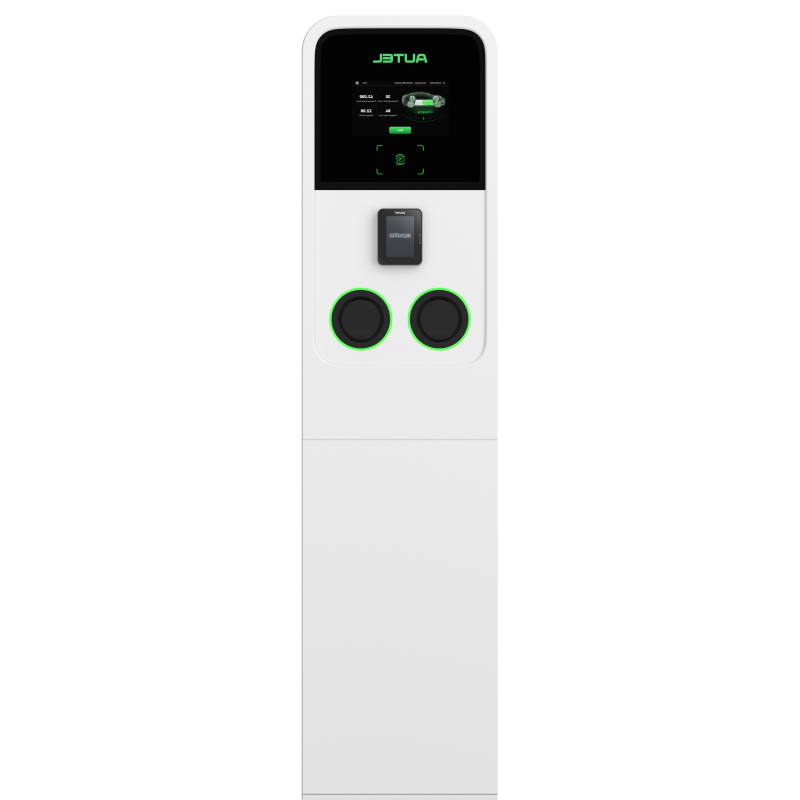 MaxiCharger AC Ultra
MaxiCharger AC Ultra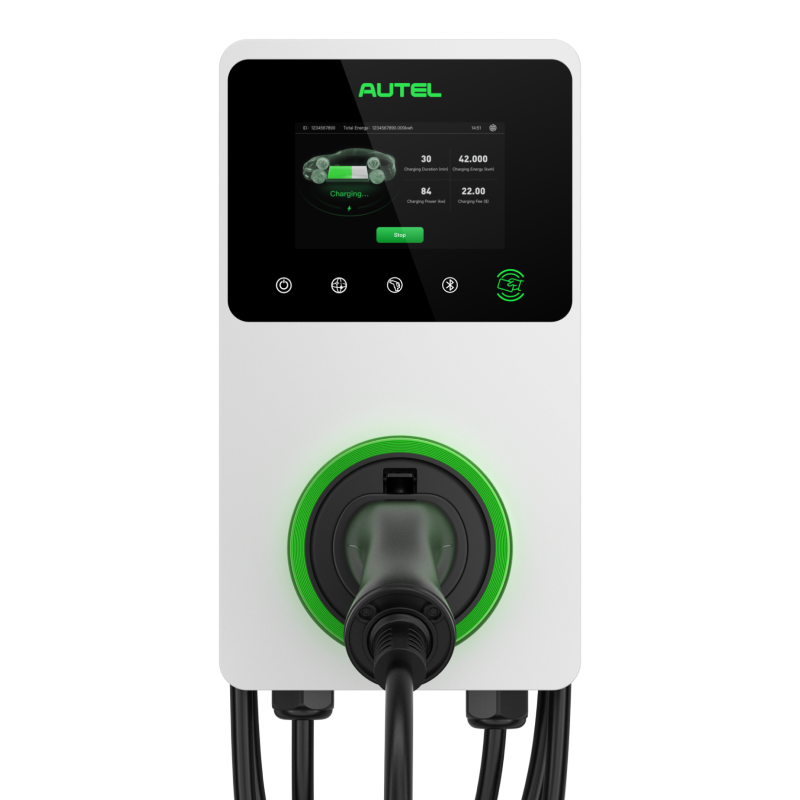 MaxiCharger AC Elite
MaxiCharger AC Elite
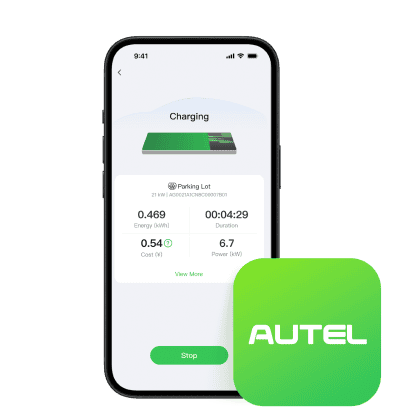 Software
Software
- Partner Introduction
- Become A Partner
- Event
- FAQ
- Blog
- About Autel
- Contact Us
- Sustainability
- Newsroom
- Brand Center
- Product Center
Understanding electric vehicle amperage and EV charger amperage
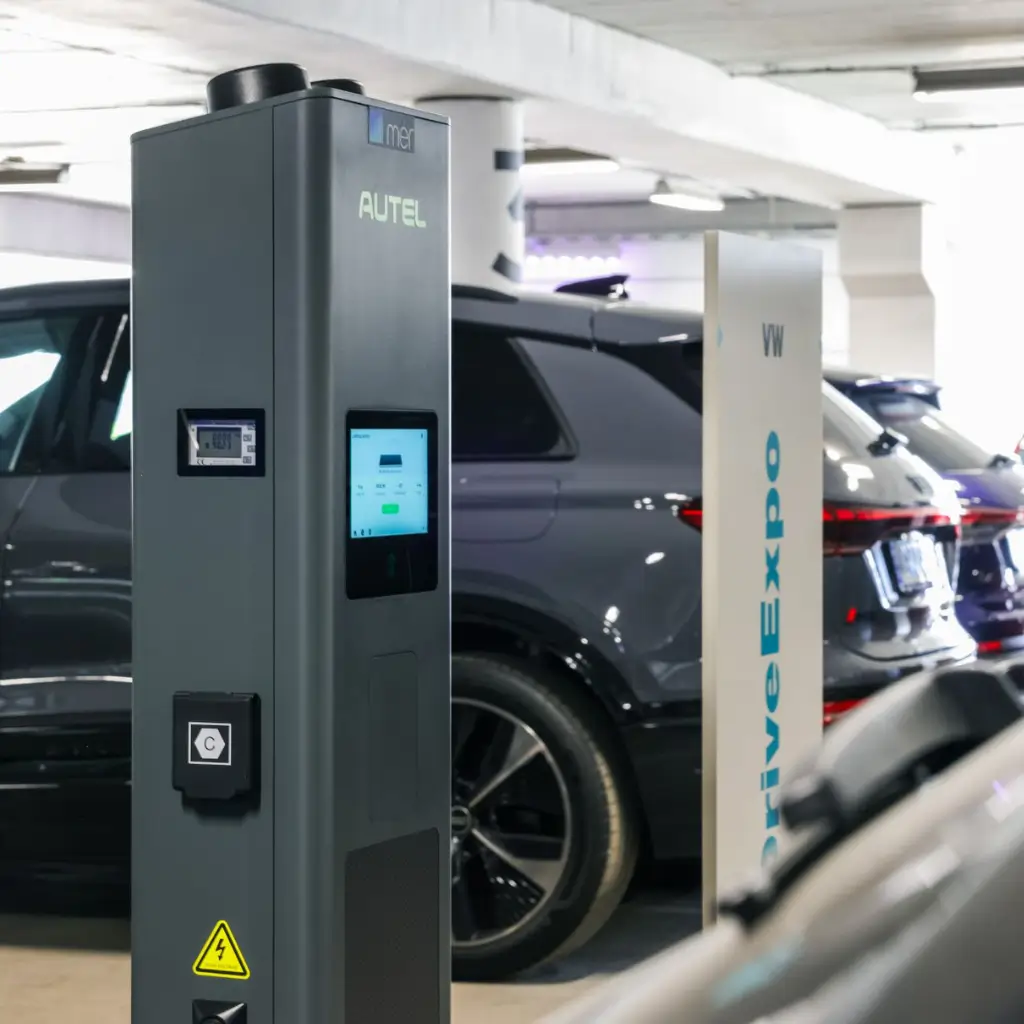
More and more people are buying electric vehicles (EVs). Both new and experienced EV owners need to know how to charge their vehicles properly. Amperage is one of the most important things because it directly affects how fast your EV charges. If you want to buy an AC Elite charger for your home or a DC Fast Charger for a business or fleet, understanding how power works can help you make a smart choice. What is EV amperage? How does it affect charging speed? This guide will help you pick the best charger for your needs.
What Is Amperage in the Context of Electric Vehicles?
When talking about electric cars, amperage means the amount of electricity going from a charger to your car’s battery. Amps, volts, and kilowatts are the three main types of electricity that decide how fast and efficiently your car charges.
The U.S. Department of Transportation says that the speed at which EVs are charged depends on both power and current (amps). The more power there is, the more current can be used to charge your battery up to the limits of the charger in your EV and the charging station itself.
Defining Amps, Volts, and Kilowatts in EV Charging
If you want to understand electricity, you need to know how it works with other important terms:
Amps (Amperage): An amp is a unit used to measure the flow or power of energy.
Volts (Voltage): Volts are a unit of measurement for the electric potential or pressure that moves the current.
Kilowatts (kW): To find a kilowatt (kW), calculated as amps × volts ÷ 1000.
To put it simply, kW = amps × volts / 1000. Increasing either the voltage or the current increases the charge power.
Why Amperage Directly Affects Charging Speed
More amperage means that more energy goes to your EV’s battery every second, which lets it charge faster as long as the charger and car can handle that amount of current. For example, if you connect your EV to a 240-volt system, a 40-amp charger will charge it a lot faster than a 16-amp charger.
Amps vs Volts vs Watts — What’s the Difference?
It’s like water in a pipe:
What amps measure is the amount of water moving.
Volts are what make the water move through.
Watts, also written as kilowatts, are units of power.
All three affect how fast an EV charger charges, but voltage is the most important factor for people who are trying to decide which charger to use.
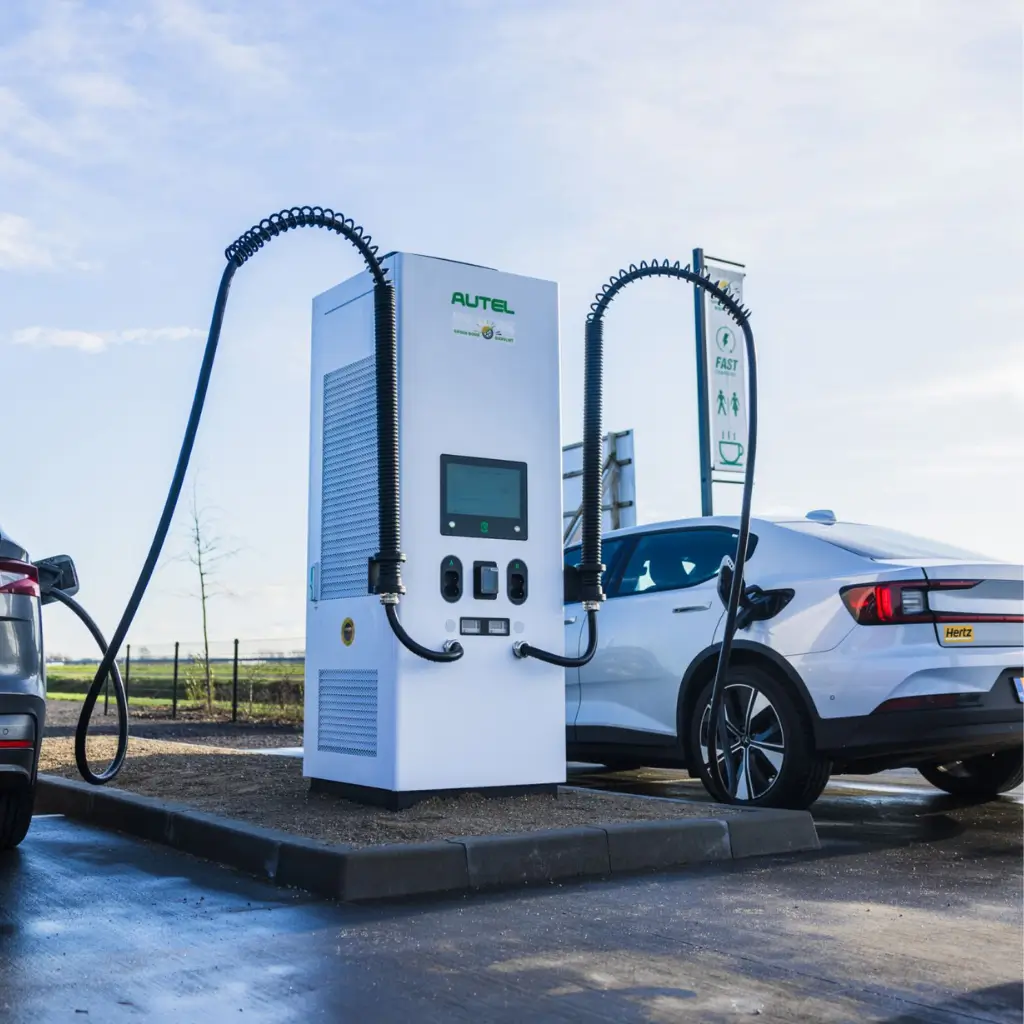
Common EV Charger Amperage Levels Explained
EV chargers are usually broken down into three levels. Each level has its power range and set of uses.
Level 1 Charging (8–16 Amps): The Slowest Option
Charging Speed: ~3–5 miles of range per hour
Voltage: 120V (Standard household outlet)
A standard 120-volt plug is used for level 1 charging, which usually sends 8 to 16 amps of power. It takes the longest time, but it’s easy to use. Level 1 is best for plug-in hybrids or drivers who don’t put much mileage on their cars every day. It can be used for emergency charging or overnight charging at home.
Level 2 Charging (16–50 Amps): The Standard for Home
Charging Speed: ~10–60 miles of range per hour
Voltage: 240V
Level 2 charging is the best way to go for home use because it gives you a lot more speed than Level 1. Some devices, like the AC Elite from Autel Energy, can handle up to 50 amps and work with most home systems. You can change the current settings on the AC Elite, and it also has smart charging features like load balance, energy tracking, and online access.
With a Level 2 charger like the AC Elite, most EVs can be fully charged in one night, which is convenient for homes and saves them money.
DC Fast Charging: Higher Power, Different System
Charging Speed: ~100–200+ miles of range in 30 minutes
Voltage: 400V–900V
Amperage: Often 100 amps or more
Most DC fast chargers with 100 amps or more skip the car’s built-in charger and go straight to the battery, sending direct current (DC). The Autel Energy DC Fast is designed to be fast and can give high-voltage and high-amperage power that can be used for charging in businesses, on the highway, or for fleets.
Due to their high cost and power needs, DC Fast Chargers are not usually used in homes. However, they are necessary for long-distance trips and cutting down on downtime for EV companies.
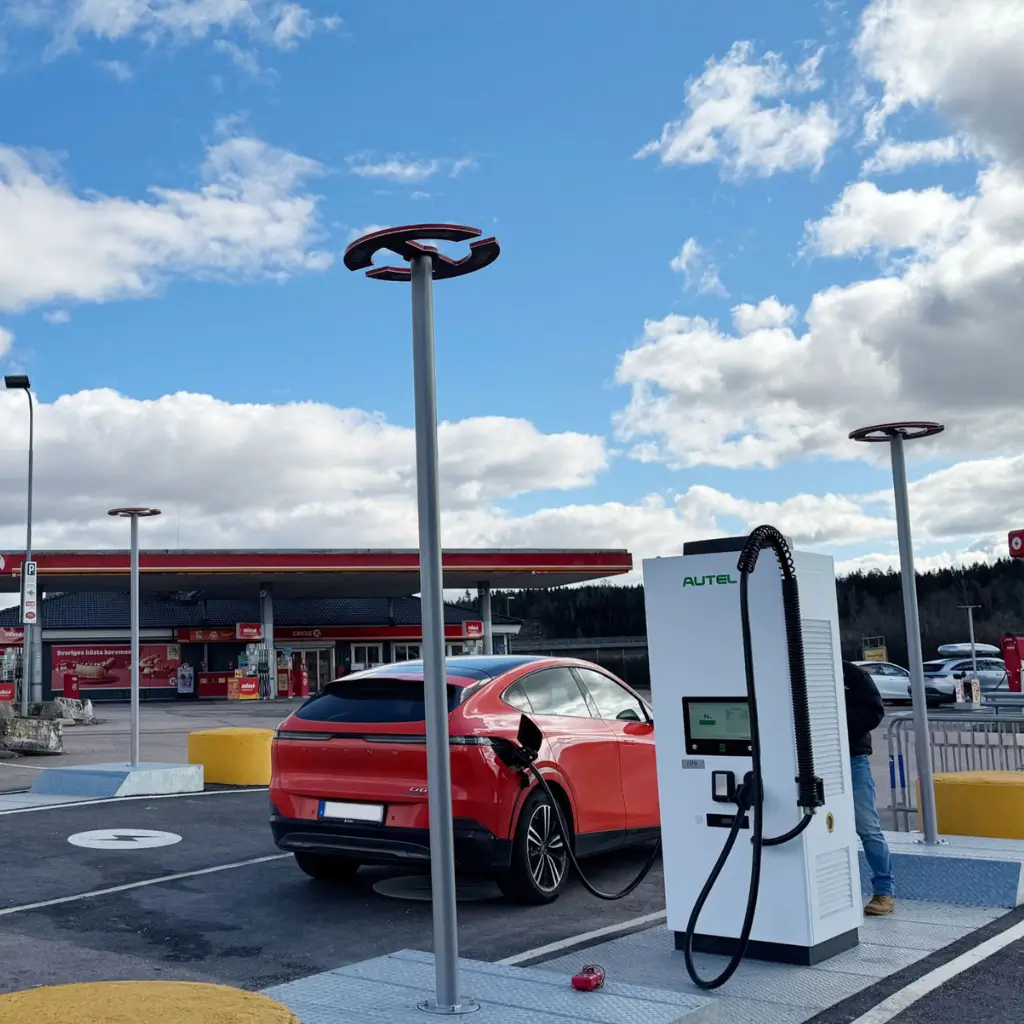
How Amperage Affects EV Charging Speed
You can choose the right EV charger if you know how power affects charging speed.
Understanding the Charging Formula
The simplest way to figure out power is:
Watts = Amps x Volts
Just split the number of watts by 1000 to get the number of kilowatts (kW). As an example:
40 amps times 240 volts= 9600 watts, or 9.6 kW.
Depending on how well your EV works, that 9.6 kW charging rate can add 30 miles to its range every hour.
Why More Amps Doesn’t Always Mean Faster Charging
A higher current always means a faster charge. But charging speed is also affected by other things:
Vehicle’s onboard charger limit: Using a 50-amp charger won’t speed up charging if your EV can only handle 32 amps.
Battery state of charge: As the battery gets close to full, charging slows down.
Ambient temperature: Extreme temperatures can make charging less effective.
Circuit limitations: Without an improvement, your home's electrical system might not be able to handle chargers with a lot of amps.
Most of the time, more amps mean faster speeds, but only if the machine can handle them.
Safety, Code Compliance, and Installation Standards
When the voltage goes up, safety and legal standards need to be followed more closely.
Why Correct Amperage Ensures Safety
Electrical systems must be properly matched to the charger’s power to keep them from getting too hot or starting a fire. For example, a 50-amp charger needs wire with a wider gauge and a circuit switch that works with it. Putting too much on a circuit can be dangerous and hurt it in the long run.
Professional placement is the only way to be sure that your charger is safely connected to your home’s electrical system, especially if you are using a high-amp Level 2 device like the AC Elite.
Key Code Requirements (NEC and Local Permits)
The National Electric Code (NEC) in the U.S. spells out the safety rules for installing EV chargers. Here are some important rules:
The circuit has to be able to handle 125% of the charger’s current.
The right GFCI safety is needed.
There needs to be a separate line for the EV charger.
A professional electrician is usually needed to do the installation, and you may need a permit from your local government.
Not following these rules could void warranties, cancel insurance coverage, or even make fires more likely.
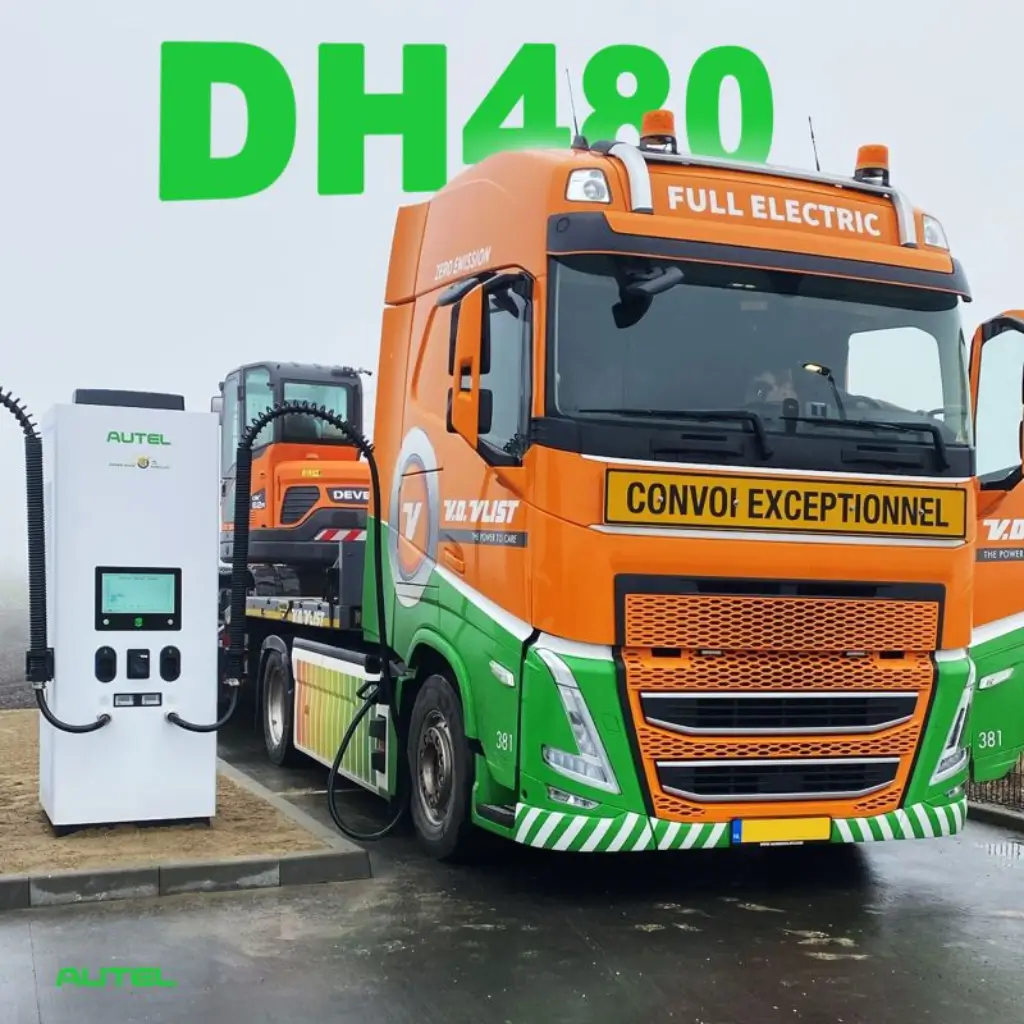
Final Considerations for Choosing the Right Charger Amperage
Choosing the right EV charger power depends on how you drive, the size of your EV battery, and the size of your home’s electrical system.
People who drive plug-in hybrids or cars with low range may be fine with a Level 1 charger.
Most EV drivers will benefit from a Level 2 charger like the AC Elite, which can handle up to 50 amps and charges faster at night.
Fleet managers or people who move long distances a lot should look into DC Fast Chargers for quick charging on the go.
Other things to think about:
Future-proofing: To make room for future EVs, choose a charger whose power can be changed.
Smart features: The AC Elite and other similar devices can be controlled, scheduled, and energy-tracked through an app.
Cost of installation: For chargers with higher amperages, the electrical panel may need to be upgraded.
Conclusion
To get the most out of your electric car, you need to know about charger voltage and EVs. Choosing the right voltage is important for faster charging, better economy, and long-term safety, whether you’re setting up a home charger or planning for EV infrastructure in a business. You can charge smarter and drive better with tools like the Autel AC Elite for home use and DC Fast chargers for business use.
